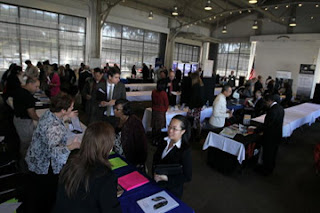HOURLYCHICPAY
Get $12 Free Sign Up Bonus No Deposit Required
HourlyChicPay is a passive income online advertising platform where you get paid hourly to advertise your business .
It is very simple to get started. You just need to purchase ad units for your website(s), and then we will pay you between 0.08791% - 0.16666% Every Hour.
As soon as you get started, you will be able to generate money.
Just by signing up for an account, we’ll give you $12.00 absolutely for free! Once you register, the bonus will be automatically added to your account.
Another welcome bonus: 20,000 Ad credits!
Get $12 Free Sign Up Bonus No Deposit Required
HourlyChicPay is a passive income online advertising platform where you get paid hourly to advertise your business .
It is very simple to get started. You just need to purchase ad units for your website(s), and then we will pay you between 0.08791% - 0.16666% Every Hour.
As soon as you get started, you will be able to generate money.
Just by signing up for an account, we’ll give you $12.00 absolutely for free! Once you register, the bonus will be automatically added to your account.
Another welcome bonus: 20,000 Ad credits!






















